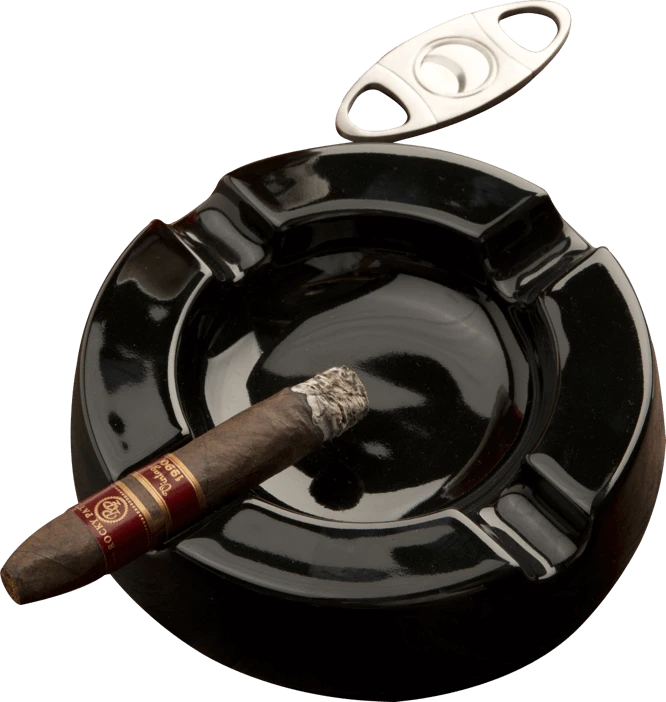In seven years, Mariana and Nestor Miranda have turned the Miami Cigar Company into a highly respected cigar production and distribution player in the tobacco industry. High school sweethearts from the town of Holguín, Cuba, the Mirandas fled their homeland in the years following Fidel Castro's rise to power. Nestor left for the United States in 1962, when he enlisted in the Army and was stationed at Fort Knox, Kentucky. Talk about a serious change of scenery! Mariana left Cuba the following year and settled with relatives in Madrid, Spain.
For a while the Mirandas' relationship was tested by the distance, but when Mariana immigrated to California in 1964, Nestor traveled across the country to find her and they later formed a business relationship that's proven highly successful. That the Mirandas' cigar business is a success is not unusual, especially in the wake of the cigar boom. What is unusual is that the couple is that they began the business when the industry wasn't yet exploding. A modern-day success story, Miami Cigar began as a small, two-person firm in 1989, distributing just 40,000 cigars that year. In that year, the premium cigar market was flat. While other companies in the cigar industry were filing for bankruptcy or downsizing, the Mirandas launched their firm. The Florida-based business nationally distributes cigars made in Honduras, the Dominican Republic and Spain.
The Don Lino Maduro is a great medium-bodied cigar, so don’t be fooled by its super oily and dark Connecticut Broadleaf wrapper. To start, the Maduro has an awesomely rich but balanced combination of long-fillers from Colombia, Mexico, and Nicaragua, which is all hugged by an Indonesian binder. This combination gives flavors of earth, sweet tobacco, and leather. As this cigar is mild enough to enjoy at any time of day, we enjoyed ours in the morning with a nice cappuccino.
The Nicaraguan cigar industry originated when Cuban cigar makers escaped the revolution and re-established their livelihood in Nicaragua with Cuban-seed tobacco. Blessed with dark, rich soil, their new home was ideal for tobacco cultivation and Nicaragua quickly became known for cigars that rivaled Cuban quality. Unfortunately, revolution and war came to Nicaragua in the 1980s and devastated the industry, but it’s rebounded dramatically and is once again producing tobacco considered by many to be the finest in the world.
The Esteli Valley is in many ways the heart of Nicaraguan production and is known for its very powerful and spicy tobacco. The Jalapa Valley produces arguably the finest tobacco in the country: somewhat sweeter and less intense than Esteli, but extremely complex. The tobacco of the Condega Valley is often described as a blend of the other two regions.

Outstanding Values On Top-Rated Cigars
Our purchasing power allows us to offer exceptional reorder values on highly rated
cigars such as
Rocky Patel's Decade Torpedo, rated 95 in Cigar Aficionado.

